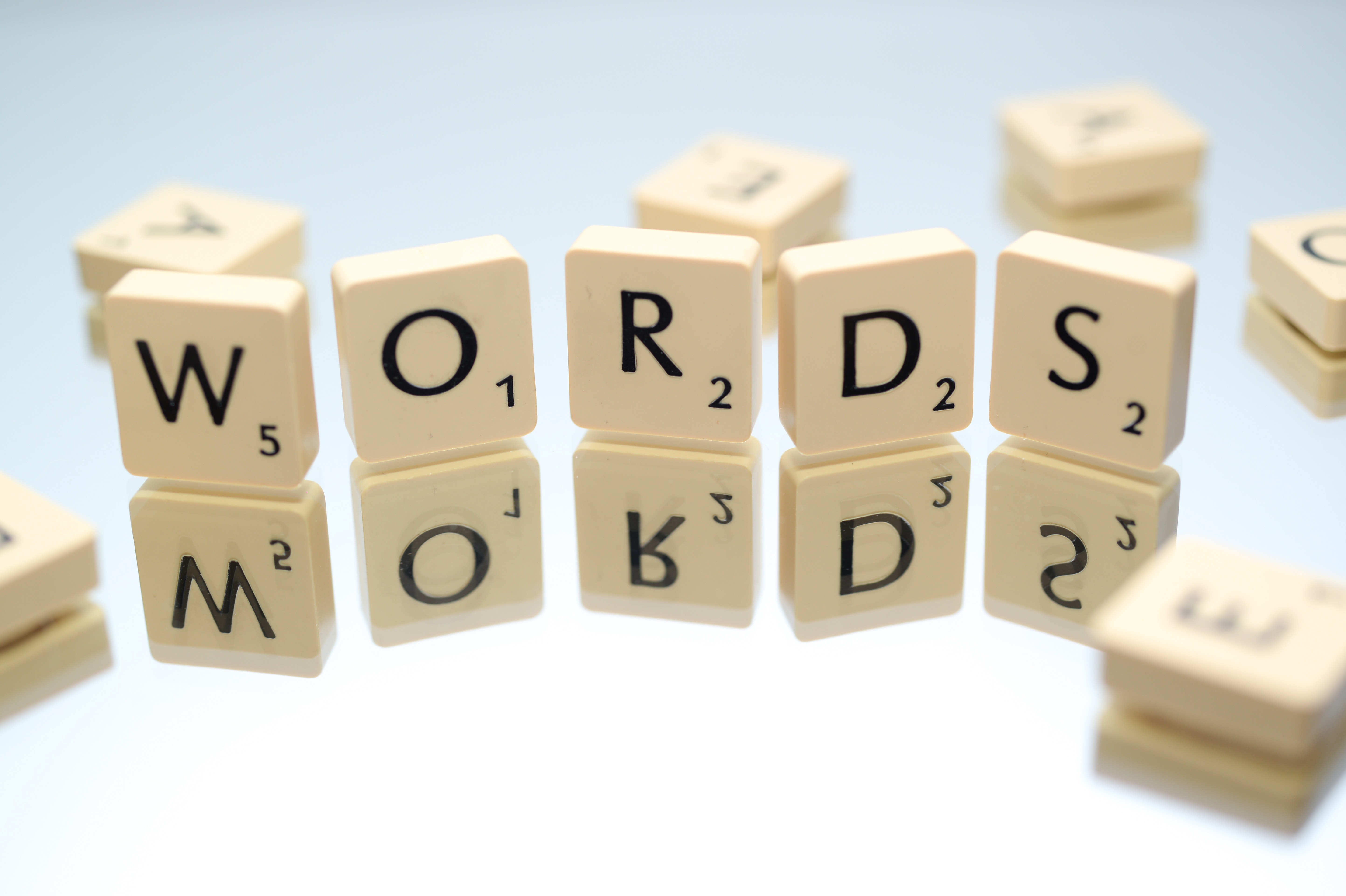Words with Silent C- The Ultimate Compilation
What are silent letters?
A silent letter in an alphabetical system of writing is a letter that in a word doesn’t really match any sound in the word’s pronunciation. A silent letter is typically represented with the null sign U+2205 EMPTY SET, in linguistics. A null segment is one that is unpronounced or unwritten. The symbol is similar to the Scandinavian letter as well as other symbols.
The significant number of silent letters is one of the notable characteristics of English spelling. Edward Carney differentiates between distinct types of “silent” letters, each of which presents readers with varying degrees of difficulty. The presence of many different silent letters is one of the most difficult features of English spelling and pronunciation.

Since English has developed from a variety of sources (Latin, Greek, French, German, Old English, and so on), it has had to absorb all of its predecessors’ spelling and pronunciation oddities. As a result, there have been numerous cases where specific letters have become silent. While it may appear that silent letters have no function in a word, this is not entirely true: silent letters can assist to separate two otherwise homophonous words, convey the meaning or origin of a word, or even aid in determining the overall sound of a word.
What is English Orthography?
The system of writing rules used to represent spoken English in written form is known as English orthography, and it allows readers to link the symbols to sound and interpretation. It covers spelling, hyphenation, capitalization, word breaks, emphasis, and punctuation in English.
English spelling, like that of most other world languages, has a high level of standardization. When movable type was introduced to England in the late 15th century, this standardization began to emerge. Unlike other languages, however, practically every phoneme (sound) can be spelled in various ways, and most letters have multiple pronunciations depending on their position in a word and context.
What are silent consonants?
Silent consonants must be distinguished from a number of other consonant letters that are not pronounced correctly. Consonant letters that combine with a neighboring letter to generate a sound that neither would make alone or to remove ambiguity about how the other letter should be pronounced are an important subset of these. The indicated sound will be a vowel if the other letter is a vowel; otherwise, it will be a consonant.
The letters “h,” “w,” and “y,” as in oh, cow, and toy, are examples of consonant letters that join with a vowel for these purposes and cannot be termed silent.
A consonant which is written as part of the spelling of a word without being pronounced is referred to as a “silent consonant” in the English spelling system.
If that’s the case, it’s not a feature unique to English, despite the fact that the English spelling system is infamous for it.
Numerous English words contain ‘silent letters,’ which are letters that are not uttered. Consider the distinctions between the words, ‘laughter’ and ‘daughter.’ You’ll notice that the word ‘laughter’ has a ‘f’ sound, but the word ‘daughter’ does not.

A silent letter is one that is written but not spoken. There are no common guidelines or recommendations for identifying a quiet consonant. In most circumstances, we must learn both the pronunciation and the meaning of the word. Let’s look at which letters can become silent and see if there are any trends.
What is a silent C?
After “s” in words like ascension, crescent, irascible, miscellaneous, nascent, reminisce, scene, sceptre (but not sceptic), science, and visceral, ‘c’ is used silently. Since this “c” in rescind changes the sound of the neighbouring “s” to //, it is not included in this category. Another use is before unstressed “es” in places like Leicester, Worcester, Bicester, and Gloucester in the United Kingdom. Another famous silent “c” is currently under investigation. When the letter C appears in the letter combination SC, it is silent. Scissors, ascent, fascinate, and muscle are some examples.
Before the letters K and Q, the letter C is similarly silent. Block, puck, lock, acknowledge, aqua, acquit, acquiesce are some examples.
Study of origin.
The “c” is said to have come from the Middle English phrases ascend and descend, according to scholars (and therefore, ascent and descent). It could also have stemmed from the word science’s growing importance in 1600s Europe. Scent has always been pronounced with a /s/ sound in any case.
When is it used?
It is usually silent when the letter ‘c’ comes before the letter ‘k’ at the end of a word, as in lack and fleck. (The letters ‘c’ and ‘k’ both make the /k/ sound.)
When the letter ‘c’ comes before the letter ‘k’ in the same syllable, it is usually silent; for example, dickey and nicker. (The letters ‘c’ and ‘k’ both make the /k/ sound.)
When the letter ‘c’ comes before the letter ‘q,’ it is usually silent, as in acquire and acquit.
In a few nouns, such as Connecticut, the ‘c’ is silent when it comes before the ‘t’ in the same syllable.
When the letter ‘c’ comes before the letter ‘z’ in the same syllable, it is always silent, as in czar.
When the letter ‘c’ appears between the letters, ‘s’ and ‘e’ at the start of a word, it is usually silent. E.g.- scenic, scent.
When the letter ‘c’ appears between the letters, ‘s’ and ‘e’ in the same syllable, it is usually silent; for example, ascend and descend.
When the letter ‘c’ appears between the letters, ‘s’ and I at the start of a word, it is usually silent, as in science and scion.
When the letter ‘c’ appears between the letters, ‘s’ and I in the same syllable, it is usually silent; for example, in disciple and mesmerise.
When the letter ‘c’ appears between the letters, ‘s’ and ‘h’ at the start of a word, it is silent in some cases. (The sound of ‘sch’ is /sh/.) schnapper, schist
In a few additional words, the letter ‘c’ is likewise silent.
scythe, corpuscle, muscle

Examples.
acquire, acquit, obscene, resuscitate, scenario, czar, muscle, scissors, victual, abscend, abscess, blackguard, disciple, evanesce, Connecticut, ascend, ascent, conscience, scene, fascinate, fluorescent, scent, science, conscious, crescent, descend, etc
